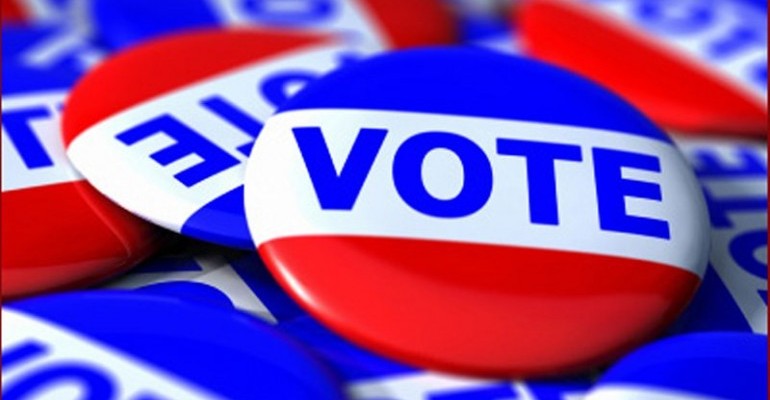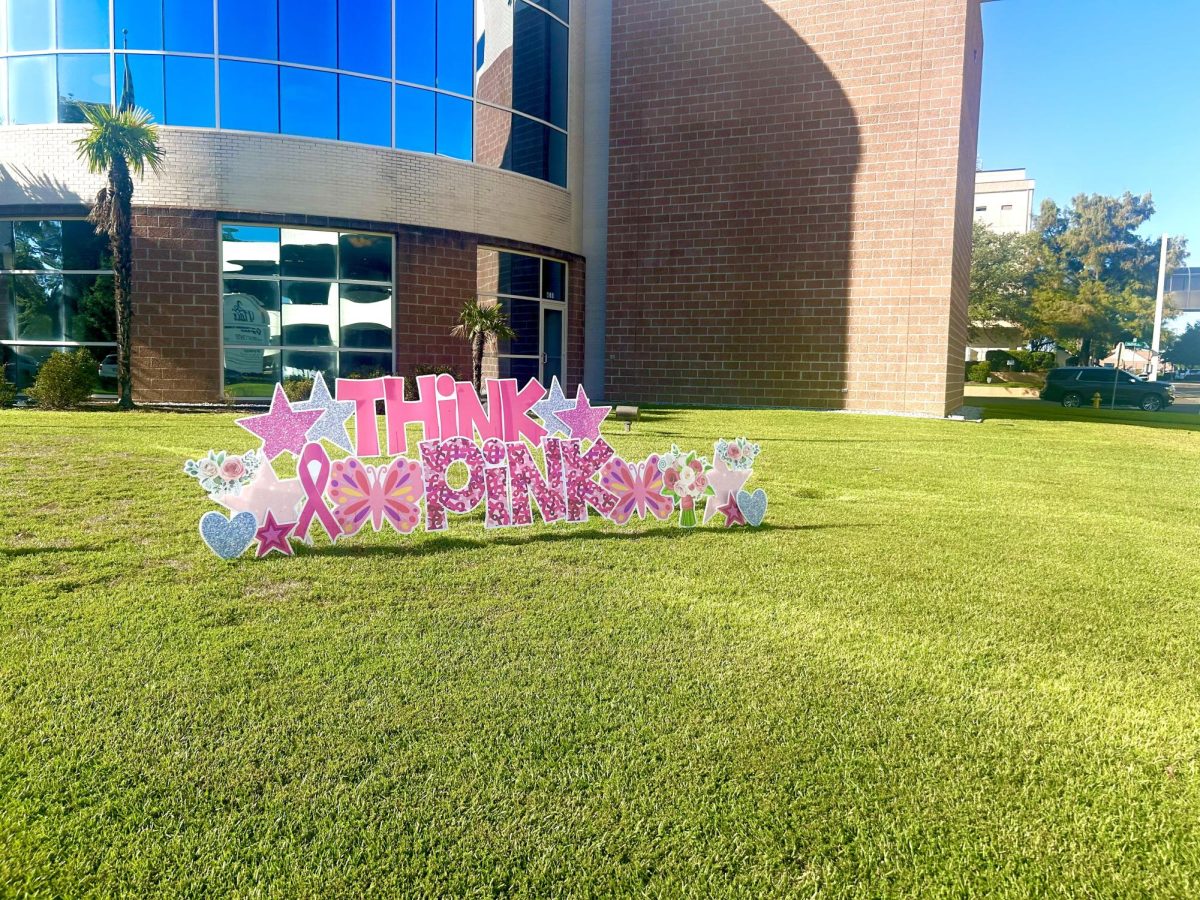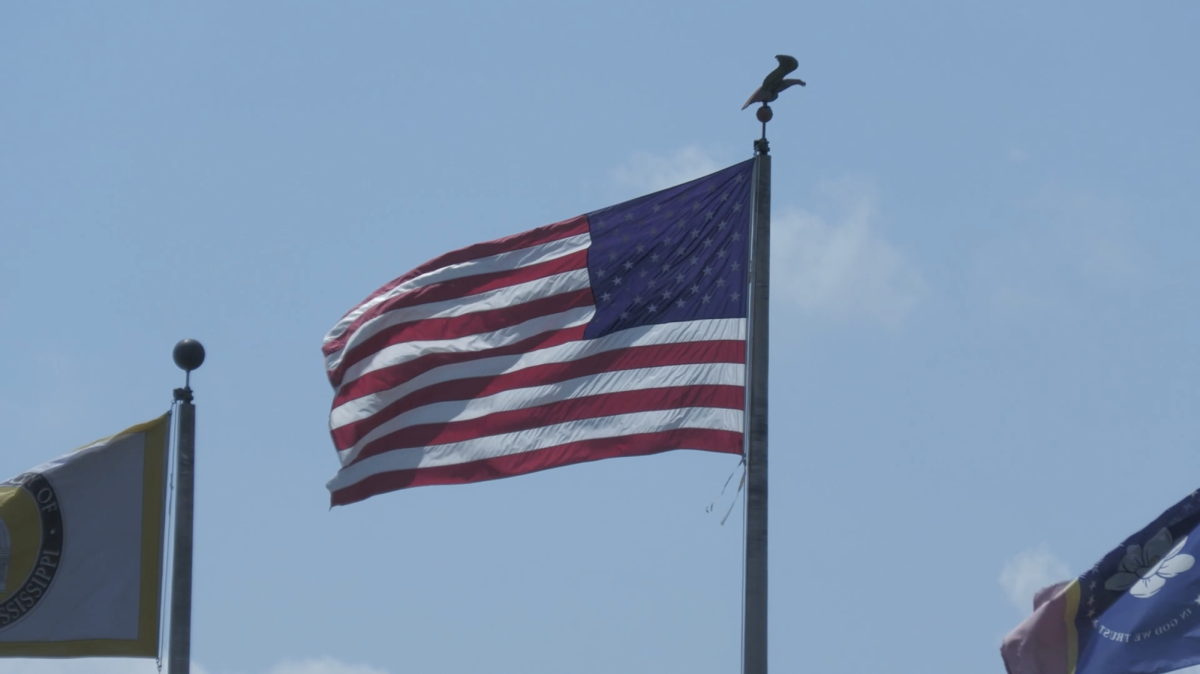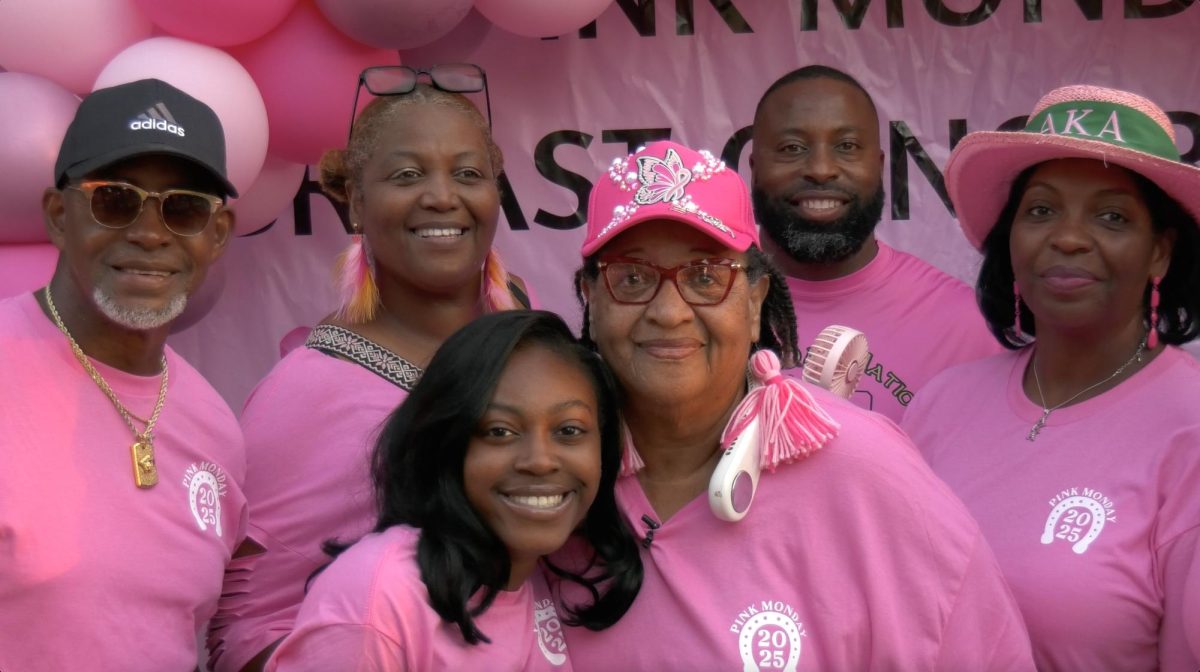Many probably have heard about the historic referendum vote in Scotland that occurred in 2014 when the northern region of the United Kingdom voted to remain a part of the U.K.
But, what one may not have known is that election was the first of its kind in Scotland because of recent changes to Scottish voting law that allowed anyone 16 years old or older to vote. Now, some groups are saying that it is time the U.S. lowers its voting age as well.
More than 80 percent of eligible voters under the age of 18 cast their votes in the Scottish referendum, meanwhile in California just 5.2 percent of eligible 18-year-old voters participated in its 2014 elections.
While that kind of participation would not be guaranteed in the U.S., many in favor of lowering the voting age argue that it would make a significant impact on voter turnout. In Tacoma Park, Maryland, 17-year-olds can vote, and in Iowa 17-year-olds can even vote in caucuses.
Many are now arguing that the voting age should be reduced on a national scale.
In a recent Politico article, Peter Levine, the associate dean for research at Tufts University’s Jonathan M. Tisch College of Citizenship and Public Service, argued that allowing people to vote at a younger age would encourage them and their peers to remain politically engaged later in life.
Levine said that many 18-year-olds do not vote because they have already gone off to college and are likely to miss their first opportunity to participate in an election. Once eligible voters miss their first opportunity to vote, they are significantly less likely to vote.
“Many college-age students don’t pick up that habit because they live far from where they might be eligible to vote; or because they are in college in a place where they don’t normally reside and feel less connected to the local political community,” said Marek Steedman, a political science professor and director of American studies at The University of Southern Mississippi.
“So encouraging voting while still in high school might help instill that habit before college and make it more likely that people become lifelong participants in the electoral system.”
Levine also said that lowering the voting age would allow them to experience voting while still living with their parents and exposing their peers to voting, creating an environment that emphasizes the importance of voting, increasing young people likeliness to consistently cast their ballots in elections.
“Political scientists have shown that people are more likely to vote when they are asked to do so,” said Marija Bekafigo, a political science professor at Southern Miss. ”People are also more likely to vote when they see or assume others in their peer group are voting, too.”
A 2010 study published on Nature.com shows the results of an experiment on Facebook, in which users who were of legal voting age were divided into three groups.
On the day of the 2010 congressional elections, one group received an informational message about the ongoing election, one group received a message showing pictures of some of their friends who had voted, and one group received no message.
All three groups were able to click a button at the top of their feed to confirm that they voted.
The study showed that the group that was shown pictures of their friends who had voted were more likely to vote than the other two groups, whose results were nearly identical. The study shows that the biggest influence on whether or not a person votes is if their peers are voting.
Many who oppose the voting age claim that it would benefit Democrats, arguing that young people are more likely to vote Democrat. But, Levine said that if you look at the votes of young Americans over the past 30 years, rather than the past decade, you can see that young voters typically are more likely to vote Republican.
Some experts even say that lowering the voting age might even lower the proportion of young voters that vote for Democrats.
Levine went on to say that it does not matter how it affects Republicans or Democrats. It matters how it affects democracy. He believes that democracy can truly benefit from a larger more informed electorate.





























